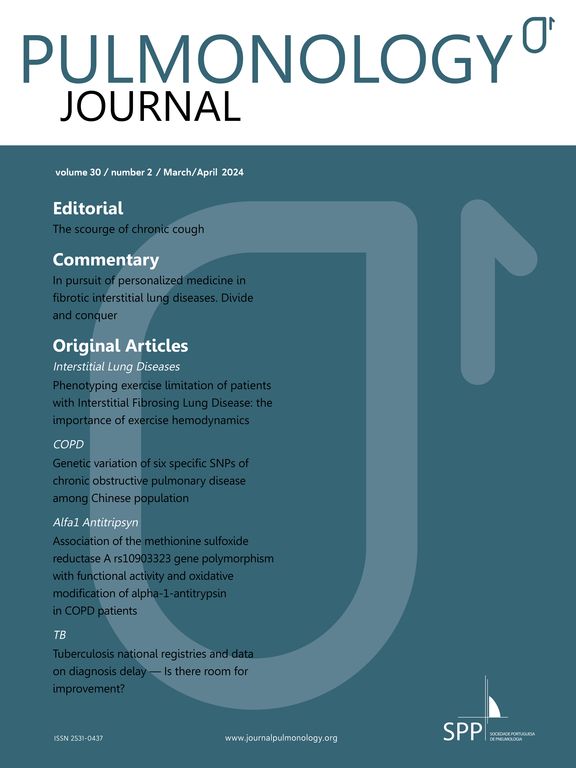A doença do refluxo gastroesofágico decorre do refluxo patológico do estômago para o esófago. Quando esse refluxo ocorre fora do esófago denomina-se doença de refluxo extraesofágico.
O autor propõe uma revisão sobre as doenças pulmonares associadas ao refluxo. É avaliado, previamente, de forma resumida o conceito de cada doença e, em seguida, de modo sistemático, são discutidos a prevalência do refluxo sobre as pneumopatias, os mecanismo que explicam essas interações e o impacto do tratamento do refluxo gastroesofagiano sobre as doenças pulmonares.
O autor conclui que é inegável a existência de uma conexão entre doença de refluxo gastro esofágico e várias doenças pulmonares, sendo mister estudos complementares para corroborar essa associação.
Gastro-oesophageal Reflux Disease is a consequence of pathological reflux from stomach to oesophagus. Whenever the refluxed contents extended beyond the oesophagus itself, is called Extraoesophageal Reflux Disease.
The author proposes a review about pulmonary disorders and gastroesophageal reflux. Previously, it is evaluated in an abridged way, the concepts of each diseases and after that, in a systematic form, it is discussed the prevalence of gastro-oesophageal reflux in lung diseases, all the mechanisms studies and the impact of gastro-oesophageal treatment on lung disorders.
The author concludes that is undeniable the link between Gastro-oesophageal reflux and lung diseases and further reaserch is mandatory in order to corroborate this association.






